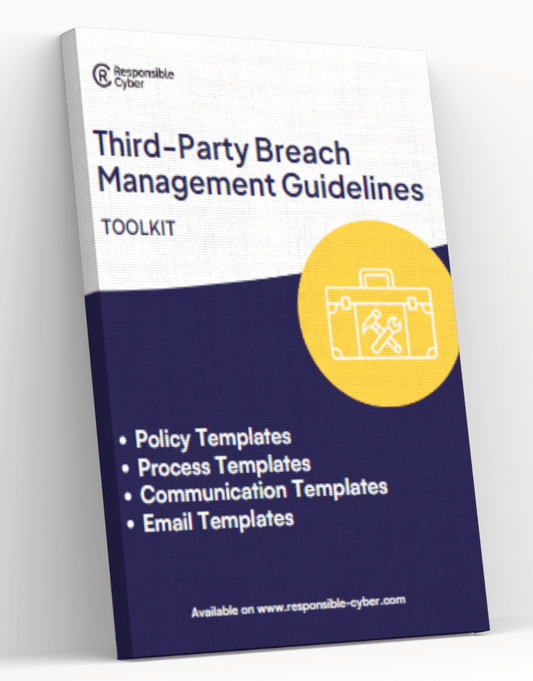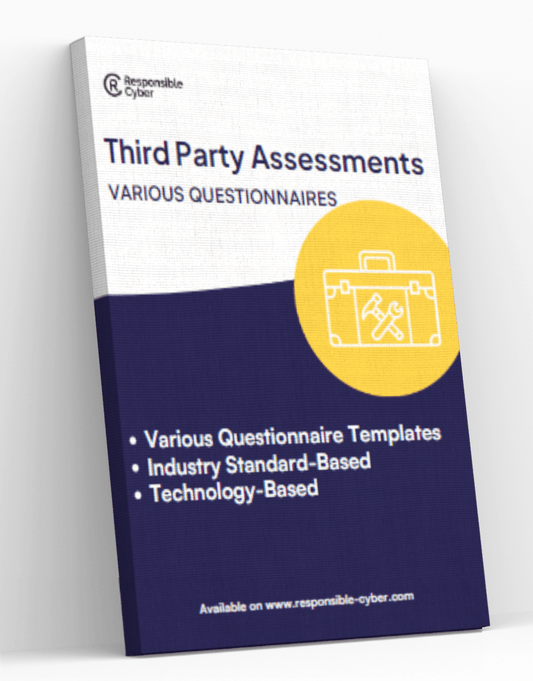Effective Vendor Relationship Management: Key Strategies for Success

In today's dynamic business environment, the ability to effectively manage vendor relationships is more critical than ever. These relationships can significantly impact a company's operations, affecting everything from product quality and delivery timelines to overall costs and market competitiveness. Therefore, understanding how to manage these relationships efficiently can lead to better outcomes, foster innovation, and create sustained competitive advantage. Below are detailed strategies for successful vendor relationship management.
1. Clear Communication
Effective communication is the cornerstone of any successful relationship. For vendor management, it involves setting the right tone from the outset and maintaining open lines of communication. Regular updates, expectations, and feedback not only help in smoothing operations but also in building trust and transparency. It is crucial for both parties to have a clear understanding of objectives, responsibilities, and processes. This can be facilitated through regular meetings, detailed reports, and using collaborative tools that enhance communication.
2. Setting Clear Expectations
Clarity in expectations involves detailing what is expected from the vendor in terms of deliverables, quality, timelines, and compliance requirements. These expectations should be formalized through contracts and service level agreements (SLAs) that outline specific metrics and KPIs (Key Performance Indicators). This formal documentation avoids misunderstandings and provides a clear framework for accountability and performance measurement.
3. Building Strong Relationships
Viewing vendors as strategic partners rather than mere suppliers can transform the traditional transactional relationship into a powerful strategic alliance. By investing in these relationships, companies can cultivate loyalty, dependability, and a willingness from the vendor to go the extra mile when necessary. Strong relationships are built on mutual respect, fairness, and understanding each other's business and strategic goals.
4. Performance Monitoring
To ensure that vendors meet their contractual obligations, continuous monitoring of their performance against agreed-upon metrics is essential. Regular audits and assessments can help identify areas needing improvement. Providing vendors with regular performance feedback allows them to adjust operations as needed to meet expectations. Performance monitoring should be constructive and aimed at fostering growth and optimization for both parties.
5. Effective Negotiation
Negotiation is an art that requires balancing assertiveness with empathy. Effective negotiation strategies ensure that contracts are fair and that they protect the interests of both parties. Emphasizing win-win outcomes helps in building and sustaining a healthy business relationship that can withstand challenges and capitalize on opportunities.
6. Risk Management
In vendor management, risk can come from various sources such as financial instability, compliance issues, or supply chain disruptions. Identifying potential risks associated with each vendor and developing a mitigation plan is crucial. This might include diversifying supplier base, regular vendor audits, or setting up contingency operations. A proactive approach to risk management supports business continuity and reduces vulnerabilities.
7. Collaboration and Innovation
Encouraging vendors to be part of the innovation process can bring substantial benefits. Vendors often have unique insights that can lead to product improvements, cost savings, or process efficiencies. Collaborative projects can also deepen the relationship, align strategic interests, and leverage combined expertise to foster innovation.
8. Payment and Incentives
Timely and correct payments reflect a company's respect and value for its vendors. It strengthens trust and can motivate vendors to maintain high performance. Additionally, setting up incentive schemes for achieving targets or cost-saving measures can motivate vendors to exceed their contractual obligations, thereby creating additional value for both parties.
9. Regular Reviews and Feedback
Scheduled reviews are an essential aspect of vendor management. These reviews should not only focus on assessing past performance but also on strategizing future endeavors and aligning goals. This iterative process of feedback and adjustment helps in keeping the relationship dynamic and responsive to changing market conditions.
10. Legal and Compliance
Lastly, ensuring that all dealings comply with the necessary legal and regulatory frameworks is fundamental. Both parties must stay informed about relevant laws and regulatory changes that could impact their operations or the nature of their relationship. Regular compliance checks can safeguard both entities from legal repercussions and uphold their reputations in the market.
Managing vendor relationships effectively requires a balanced approach that combines rigorous management with strategic flexibility. By implementing these strategies, companies can enhance their operational efficiencies, drive innovation, and build robust partnerships that contribute to long-term success. In essence, effective vendor management is not merely about managing contracts but about fostering relationships that bring mutual growth and benefits.
Check out more related articles:
- The Importance of Post-Implementation Strategies in Third-Party Risk Management for Higher Education Institutions
- The Arrival of PCI DSS v4.0: A Shift in Data Security Standards
- The Truth About SOC 2 Certification







